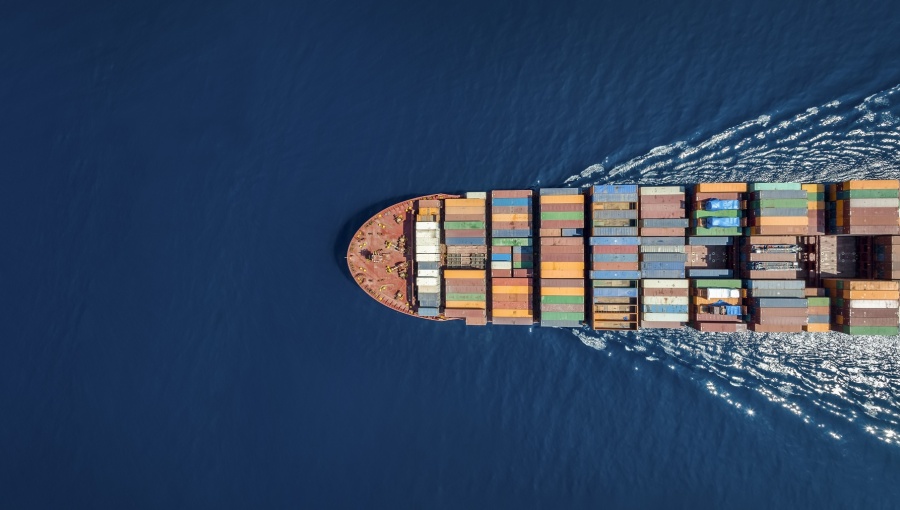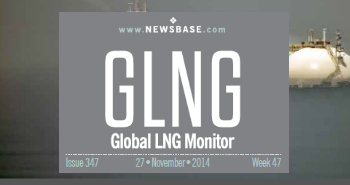New IMO rules pose serious problems for sanctioned Russian shipping

The International Maritime Organisation’s (IMO) adoption of its Net-Zero Framework in April has raised significant compliance hurdles for Russia’s shipping industry, particularly its tanker and LNG carrier fleet, as Western sanctions complicate the country’s decarbonisation efforts.
At its 83rd session, the IMO’s Marine Environment Protection Committee (MEPC 83) approved a global strategy to achieve net-zero greenhouse gas emissions from shipping by 2050. The new framework will introduce progressively tighter emissions controls, with the first major step due in spring 2027 via amendments to Annex VI of the MARPOL Convention.
Under the forthcoming rules, vessels exceeding established emissions thresholds will face financial penalties ranging from $100-380 per tonne of CO2 emitted, unless operators purchase offset credits or contribute to an IMO-managed decarbonisation fund. These requirements will apply to ships over 5,000 tonnes, which account for approximately 85% of global shipping emissions.
The new regime presents a structural threat to the country’s ageing and emissions-intensive fleet, over 95% of which still runs on heavy fuel oil and diesel. While a small number of vessels operate on LNG, considered a transitional fuel, even these may not meet longer-term emissions standards under the IMO framework. Cleaner alternatives such as green methanol, ammonia and synthetic LNG (e-LNG) are not yet viable at scale in Russia.
The sanctions environment adds further complexity. Certification of biofuels – one of the main alternative fuels identified under the IMO roadmap – is only available through laboratories in Switzerland and Germany, rendering access for Russian operators nearly impossible. Domestic options for verification remain undeveloped.
The geopolitical backdrop also poses a dilemma. While Russia initially supported global climate goals and remains a signatory to the Paris Agreement, priorities have shifted. National energy security and sanctions circumvention now take precedence, raising questions over the feasibility and desirability of decarbonising the fleet at this time.
Shipping is responsible for roughly 3% of global greenhouse gas emissions, and about 90% of world trade is transported by sea, according to the IMO. The organisation has argued that while decarbonisation carries costs, so does continued pollution.
For Russia, these costs may be disproportionately high. Sanctions have blocked domestic shipyards from accessing critical components, stalling LNG carrier construction and complicating any transition to lower-emission vessels. Meanwhile, emerging LNG tanker projects remain under restriction, with uncertainty over export routes and compliance capabilities.
Rather than investing in new vessels that risk being sanctioned, Russian operators are largely relying on the existing fleet. Some industry players have resorted to installing exhaust scrubbers to reduce sulphur emissions – a cheaper and faster retrofit option that allows continued use of conventional fuels.
While LNG-powered vessels such as the domestically developed “Chaika” class offer potential solutions for internal markets, Russia lacks the capacity and political environment to scale such alternatives across its international fleet. The transition to zero-carbon shipping, analysts say, is taking a back seat to geopolitical concerns.
IMO’s framework does include offset mechanisms, allowing low-emission shipowners to sell excess allowances, and pledges to channel funds to developing nations for clean fuel access and technology transfer. But Russia has not yet implemented a corresponding domestic support system. Given the country’s strained federal budget, such investments appear unlikely.
Russian policymakers are expected to adopt a phased compliance approach, applying stricter standards only to newbuilds while allowing older vessels to continue operating under less demanding rules. This may be the only realistic path forward given current constraints.
With tighter rules set to come into force by 2027 and full decarbonisation targeted by 2050, the pace of global regulation is set. But whether Russia’s fleet – already facing restricted access to shipbuilding technology, fuel certification and capital – can keep up remains uncertain. For now, economic stability and uninterrupted energy exports take precedence.




Follow us online